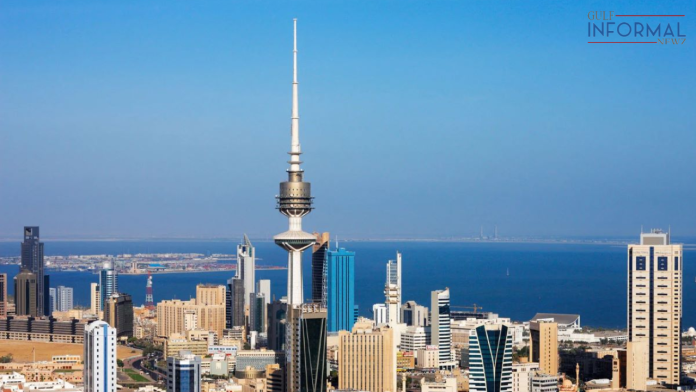Moody’s expects the continued strong performance of Kuwait’s general budget and financial reserves in the foreseeable future, which will strengthen the strength of Kuwait’s sovereign credit rating.
Agency established. ”Moody’s“ The global sovereign credit rating for Kuwait is at (A1), with the future outlook remaining stable due to its economic strength, its possession of great financial wealth, and a very low level of government debt.
Moody’s stated in a statement published The Central Bank of Kuwait on its website Kuwait’s credit rating reflects the continued strength of both the general budget and financial buffers in the foreseeable future, while maintaining macroeconomic stability and external balances.
It considered that Kuwait’s credit strength is offset by the lack of progress in reforms that would reduce the exposure of the economy and public finances to fluctuations in global oil markets, as well as the risks of carbon reduction policies and energy transition in the long term, which reflects the continued institutional restrictions, as well as the future outlook. Stable risk balance.
Moody’s expects the continued strong performance of the general budget and financial reserves in the foreseeable future, which will enhance the strength of Kuwait’s sovereign credit rating, noting that the economy is exposed to fluctuations in global oil markets and the risks of energy transition policies in the long term.
It is also expected that financial assets will remain at high levels in the coming years, as the size of the Future Generations Fund’s assets exceeds 400 percent of the gross domestic product at the end of 2023, which is among the highest rates for the countries classified by the agency.
Also Read: Dubai records an increase in real estate prices by 20.7% and rents by 21.2%
Moody’s indicated that the volume of assets in the Future Generations Fund will continue to grow in light of the rise in global asset prices and the absence of a mechanism that enables the transfer of these assets to the state’s general budget or the general reserve fund.
It confirmed that public debt levels remain low at less than about 3 percent of GDP at the end of the 2023/2024 fiscal year, which is among the lowest rates in the world, partly due to the expiration of the public debt law in 2017.
The agency explained that if a new public debt law is passed that allows the government to borrow, this will mean an increase in debt burdens, and it is expected that the state’s general budget will record a deficit of about (4-7 percent) of the gross domestic product during the fiscal years (2024-2027).
Exchange rate system and monetary policy
As for the exchange rate system and monetary policy, Moody’s reported that Kuwait’s huge stock of foreign assets significantly reduces the risks of external weakness by supporting the credibility of the policy of linking the dinar exchange rate to the basket system and confronting speculation on the Kuwaiti dinar even during periods of low oil prices. .
She pointed out that the monetary policy arrangements of the Central Bank of Kuwait, which rely on the dinar exchange rate system linked to a basket of currencies, provide an effective foundation in maintaining price stability and reducing inflation fluctuations.
Regarding the justifications for the stable outlook for the credit rating, the agency pointed out that it may raise the rating in the future if economic and financial reforms are implemented aimed at reducing the government’s dependence on oil revenues, which will lead to increasing the flexibility of the credit rating in facing the risks of fluctuations in oil prices and the risks of moving away from oil in the long term. .
She added that if the pace of project implementation increases, it could encourage economic diversification, especially in industries in which the state has shown some potential, such as transportation, logistics services, petrochemicals, data centers, and some renewable energy sources.
Moody’s reported in its two reports that delaying financial and economic reforms is one of the things that may lower the credit rating, in addition to the risks of weak global demand or the risks of a rapid global shift away from oil and the subsequent decline in demand for oil and its prices.



